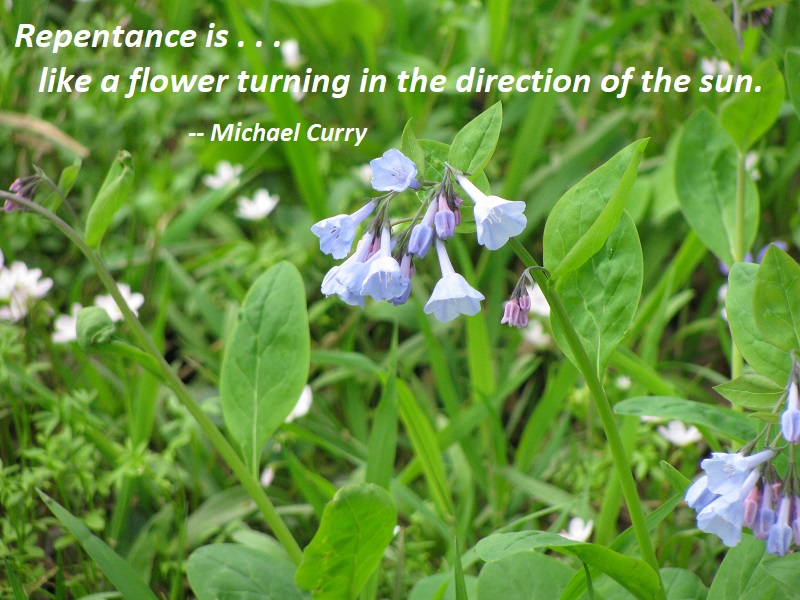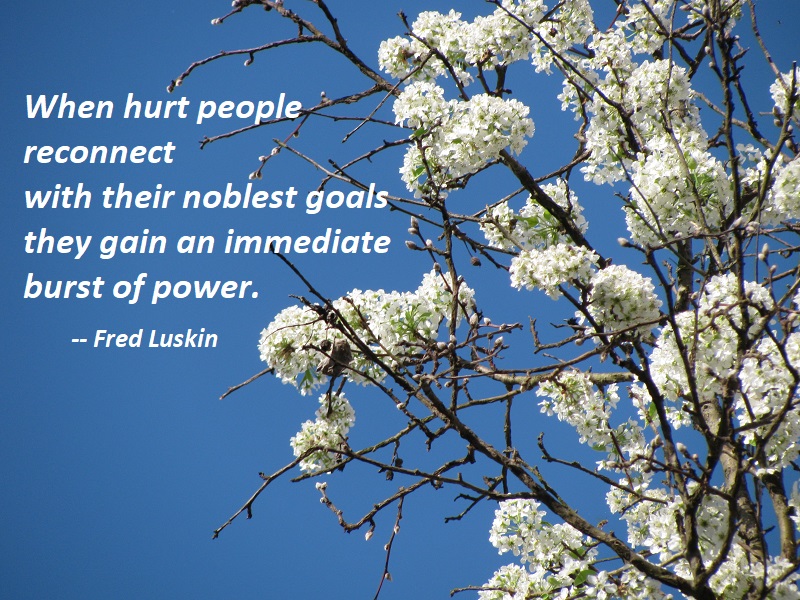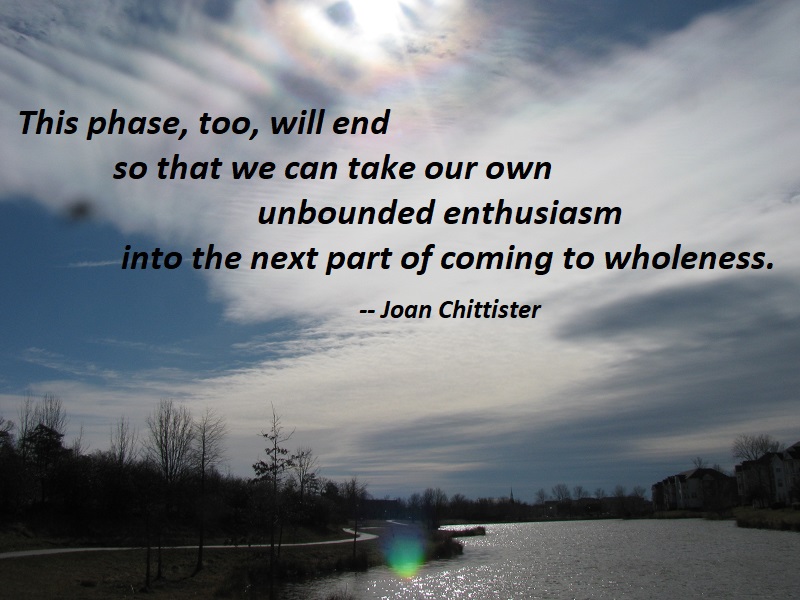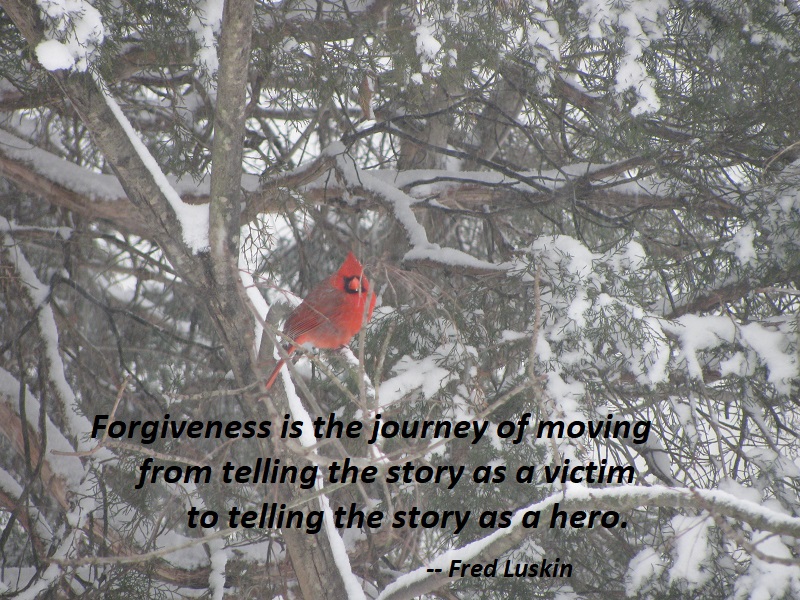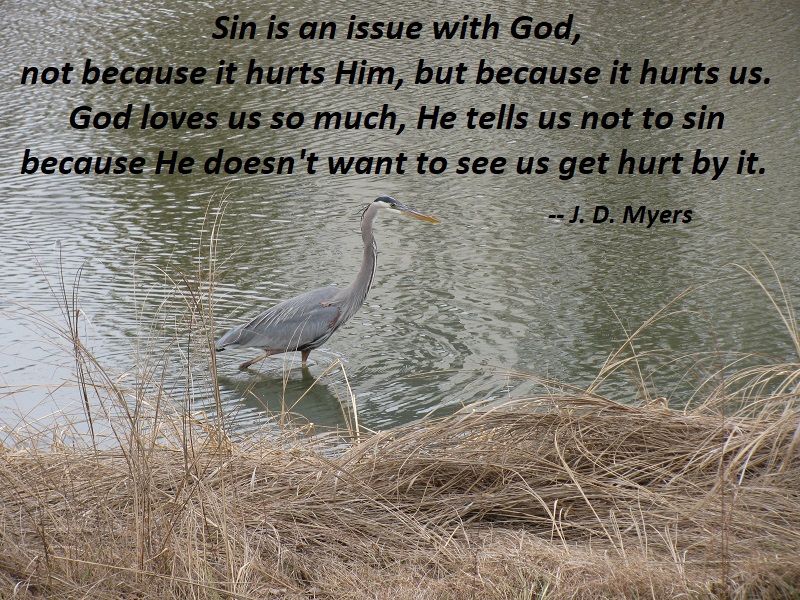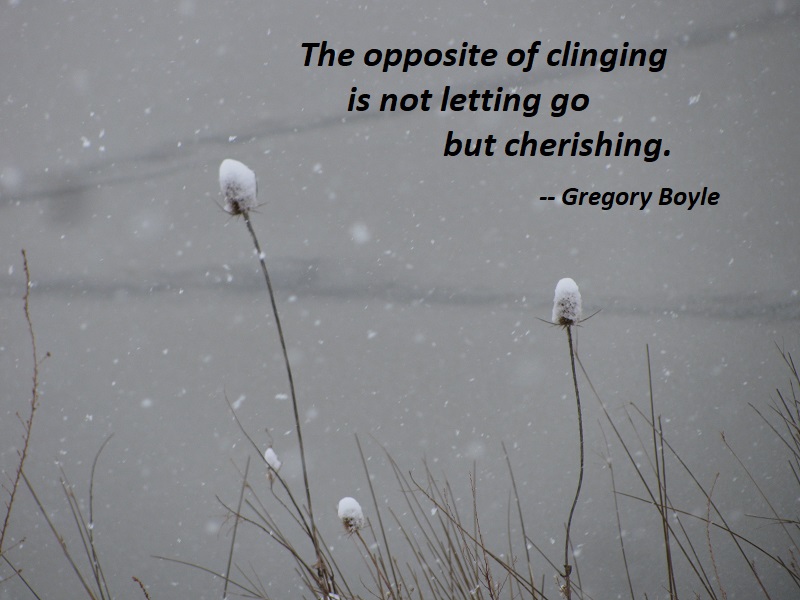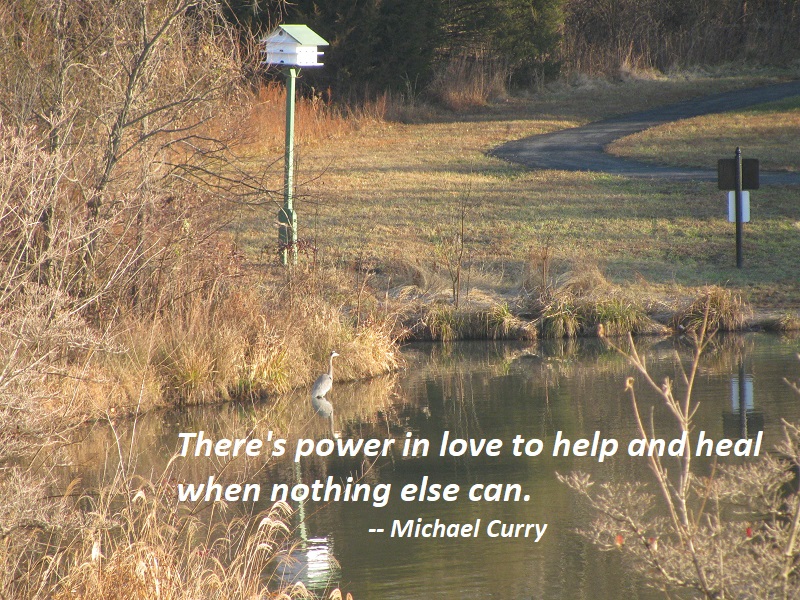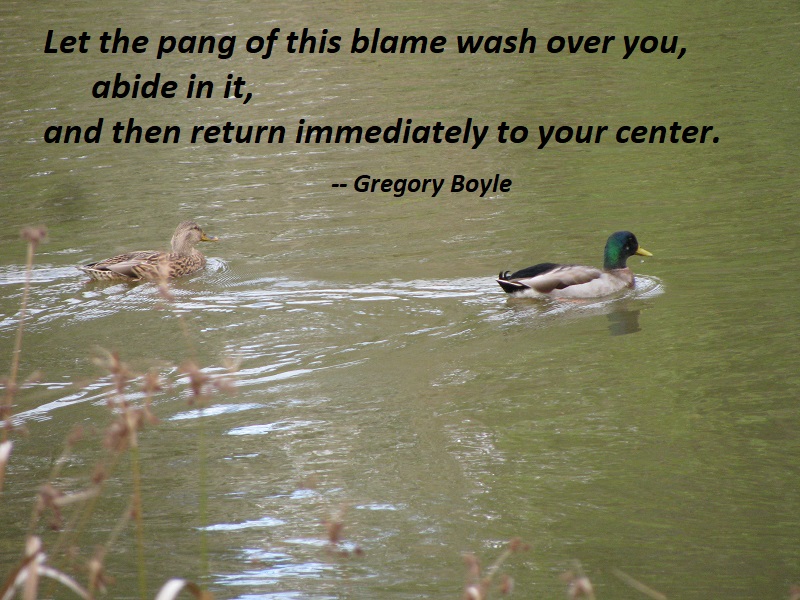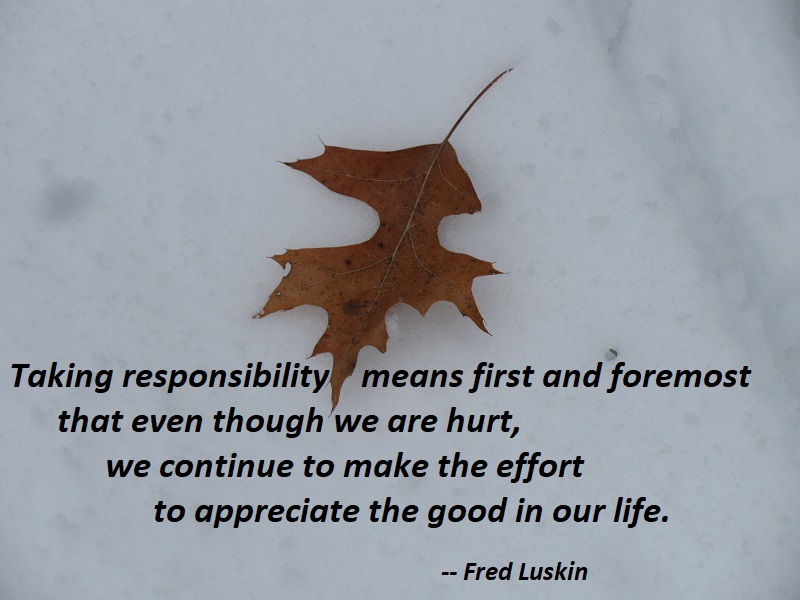Grievance Stories Turned Positive
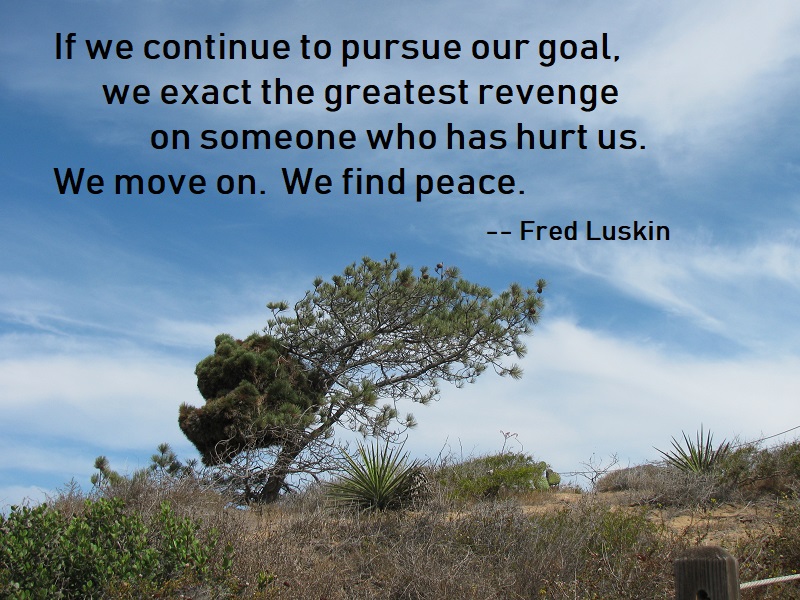
In any grievance story, someone does not get what he or she wants. Unacknowledged is that behind each painful situation is a positive intention. Once found and reclaimed, the positive intention alters the grievance story. The story is no longer just about the person and or situation that caused pain but about the goal that was not quite reached. Suddenly, instead of just recycling pain, the grievance story becomes a vehicle for learning how to change to attain that goal. The grievance story becomes a part of the positive intention story.
The person or event that hurt us is important insofar as we can learn from the situation. In no way, though do we allow our grievance to distract us from our goal. If we continue to pursue our goal, we exact the greatest revenge on someone who has hurt us. We move on. We find peace.
— Dr. Fred Luskin, Forgive for Good, p. 143
Photo: Torrey Pines State Reserve, California, July 10, 2015
